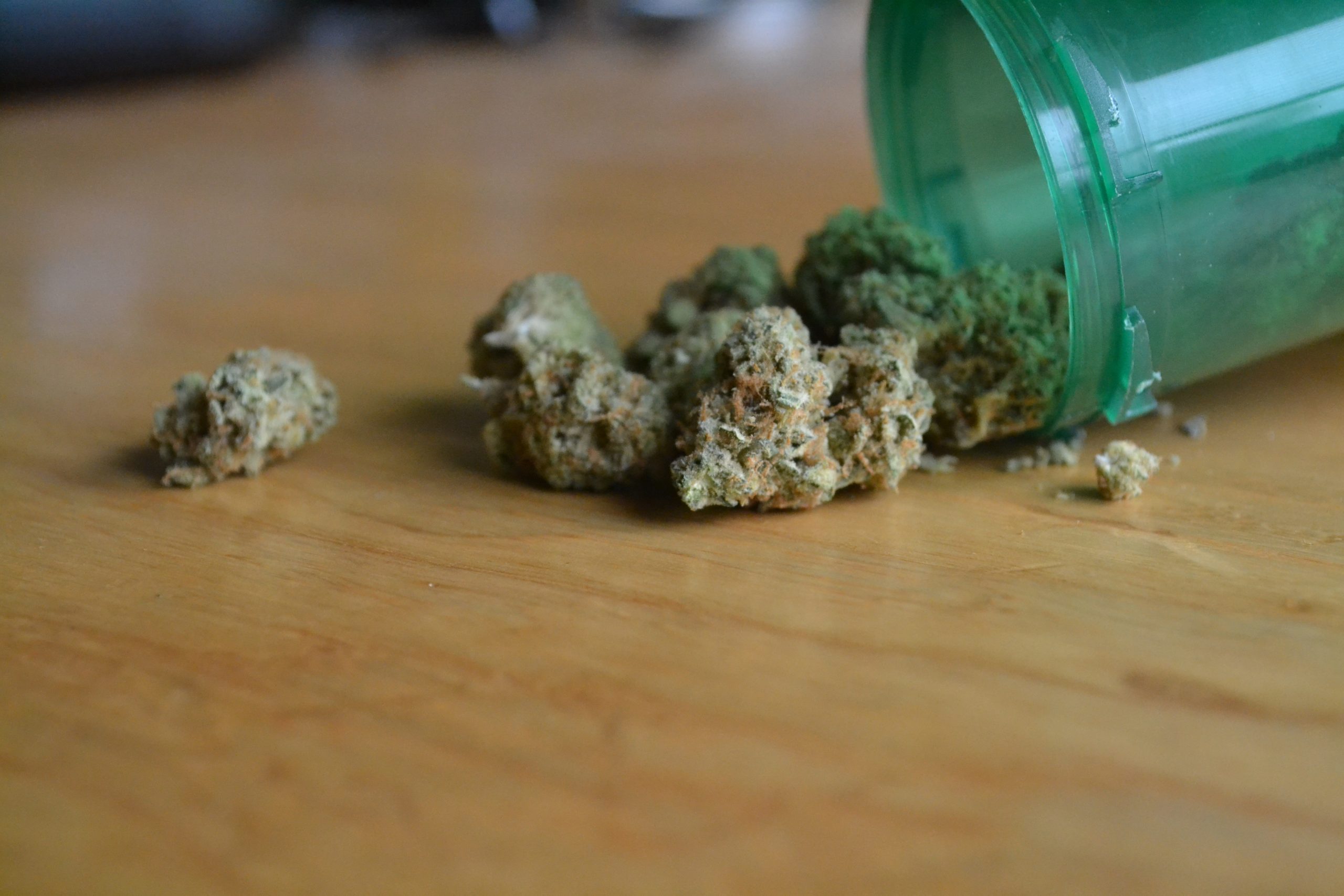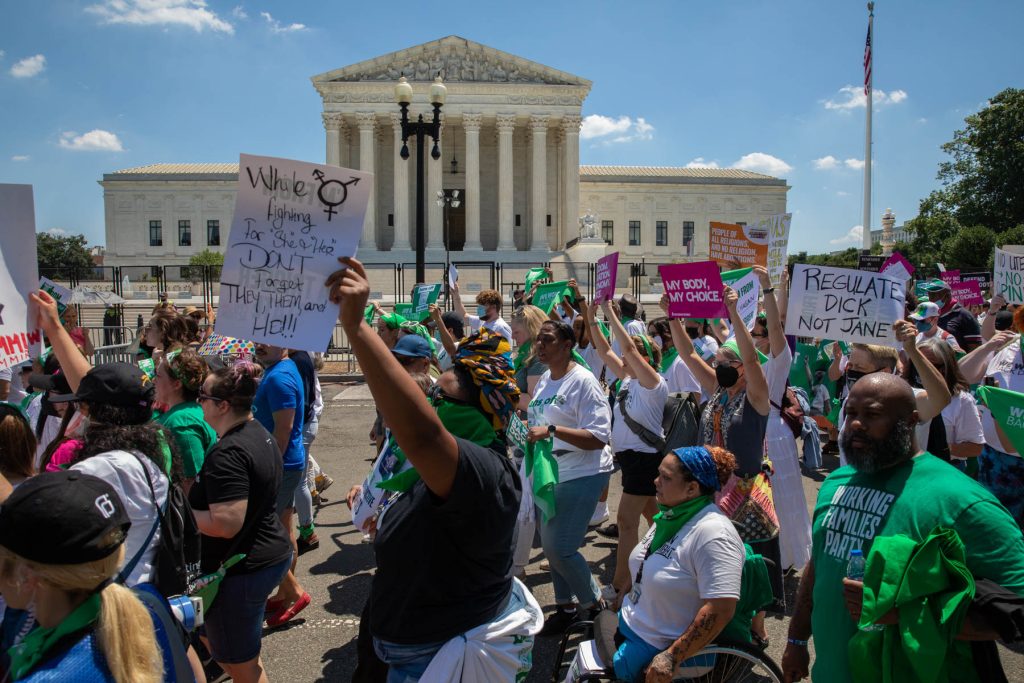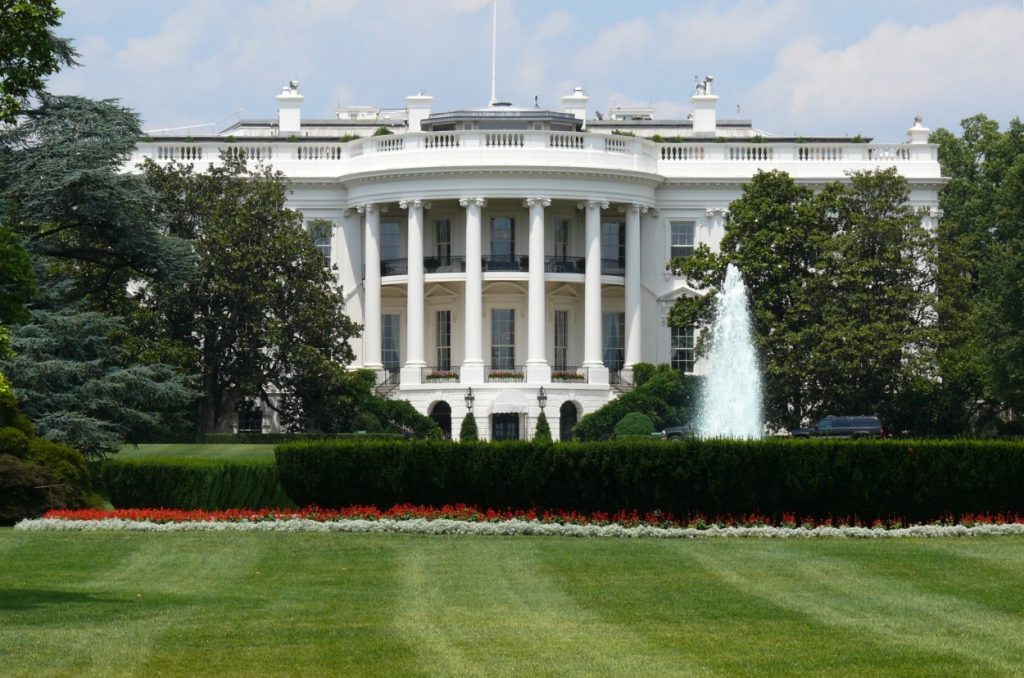The two remaining cannabis legalization bills in the New Mexico Legislature each passed a Senate committee on Tuesday. Both bills now head to the Senate Judiciary Committee, which is the last stop for one bill before its likely last floor debate.
The Senate Tax, Business and Transportation Committee passed HB 12, sponsored by Democratic Reps. Javier Martínez of Albuquerque and Andrea Romero of Santa Fe, by a 7-4 party-line vote. SB 288, sponsored by Sen. Cliff Pirtle, R-Roswell, passed the committee unanimously after urging from Senate Majority Floor leader Peter Wirth.
“My plan is to vote for both of these bills moving forward,” Wirth said.
Both bills have similar provisions, especially after Pirtle amended his bill to eliminate a section that would limit the distance between dispensaries and added language that would ensure tribal governments can enter into an agreement with the state to set up their own legal cannabis program.
Pirtle also amended his bill to prohibit any state agency from adding cannabis plant limits for producers. That change made his bill line up even closer to HB 12, until Wirth presented what he called a “lengthy amendment” backed by the state’s Regulation and Licensing Department. Namely, Wirth’s amendment would allow a future cannabis advisory committee to put a limit on how many plants producers can grow, depending on what the market allows.
The idea of limiting production has been somewhat of a divisive issue even in the existing medical cannabis program. The state’s current program began by allowing producers to grow a couple hundred plants at a time. After a series of legal challenges, that limit was first raised to 450 plants and then to the current 1,750 limit.
Sen. Jacob Candelaria, D-Albuquerque, who sponsored another legalization bill, has advocated for unlimited plants for producers. Rep. Tara Lujan, D-Santa Fe, on the other hand, urged lawmakers to consider her bill which limited cannabis production. Lujan’s bill was tabled early in the session and according to Wirth, Candelaria opted to remove his bill from committee consideration.
Regulation and Licensing Superintendent Linda Trujillo, who presented Wirth’s amendment, said the plant limits in the amendment were a way to balance having enough cannabis to meet demands with preventing an oversaturation that might lead to a burgeoning illicit market.
“When we kind of devised the language, to make us have to do a report, make us have to go to the [cannabis] advisory committee and then put it in rules, that was our way of negotiating between no plant count and a line-in-the-sand plant count,” Trujillo said.
In a slight departure from previous years’ debates, and a debate earlier this session, both Democrats and Republicans raised questions and concerns about specific provisions in the bills instead of debating the general merit of legalization.
Some sticking points included language that allows for consumption areas and whether the two bills would provide a fair pathway to would-be producers not already in the largely closed medical cannabis industry.
And while Pirtle’s bill will likely garner Republican support from both Senate and House Republicans, his bill still has to pass two more Senate committees and the Senate as a whole before it goes through the same process in the House.
Martínez’s bill however has not garnered much support from Republicans in both the House and Senate, but only needs to pass the Senate Judiciary Committee and the Senate as a whole, before getting concurrence from the House, before it heads to the governor’s desk.
Trujillo advocating for an amended version of HB 12 seemed to signal that it was the most likely legalization bill that Gov. Michelle Lujan Grisham will sign. That was confirmed shortly after the committee ended by Lujan Grisham spokeswoman Nora Meyers Sackett.
“The amendments to HB12 presented in Sen. Shendo’s tax committee today are a collaborative effort between the executive branch, the legislative sponsors and key industry stakeholders, Meyers Sackett said. “The governor supports those amendments as the path forward for a compromise cannabis legalization bill that addresses varied concerns that have been presented and is hopeful senators will move quickly to adopt and advance them.”






















